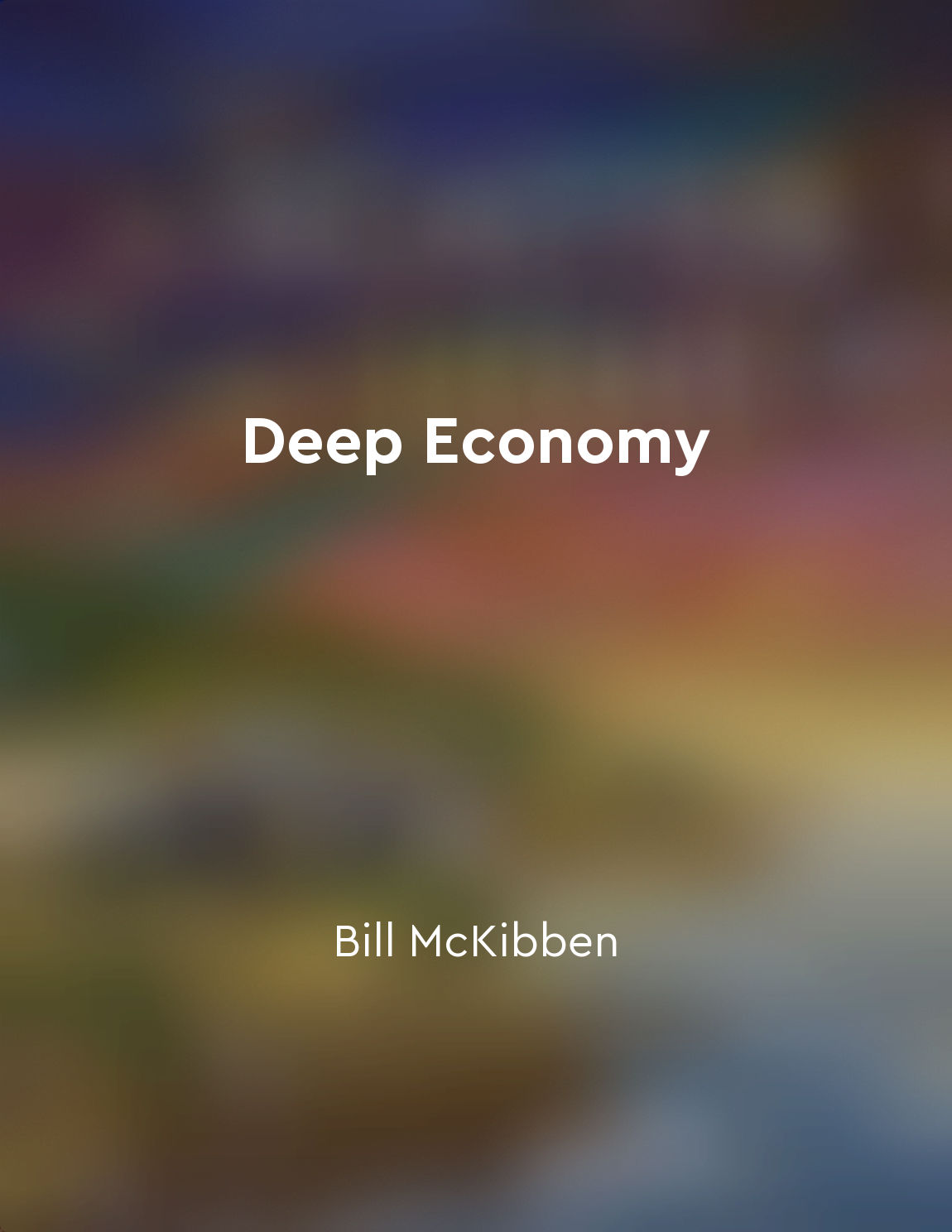The impact of globalization on manufacturing cannot be understated from "summary" of The Things We Make by Bill Hammack
Globalization has transformed the world of manufacturing in ways that were previously unimaginable. The interconnectedness of economies and markets across the globe has revolutionized the way products are made, distributed, and consumed. This transformation has been driven by advancements in technology, transportation, and communication, which have made it easier for companies to operate on a global scale. One of the most significant impacts of globalization on manufacturing is the outsourcing of production to countries with lower labor costs. This has led to the relocation of factories and jobs from developed countries to developing nations, where wages are lower and regulations are less stringent. While this has resulted in cost savings for companies, it has also raised concerns about job loss and exploitation of workers in these countries. Furthermore, globalization has enabled companies to access new markets and customers around the world. This has created opportunities for growth and expansion, but it has also increased competition and pressure to innovate. Companies must now compete not only with local rivals but also with international competitors who may have lower production costs or better access to resources. In addition, the supply chain has become more complex and interconnected as a result of globalization. Companies must now source materials and components from multiple countries, which can lead to challenges in terms of quality control, logistics, and coordination. This has forced manufacturers to adapt and streamline their operations to ensure efficiency and reliability.- The impact of globalization on manufacturing cannot be overstated. It has fundamentally changed the way products are designed, produced, and distributed, and it has created both opportunities and challenges for companies around the world. As the forces of globalization continue to shape the manufacturing landscape, companies must be prepared to adapt and innovate in order to thrive in this ever-changing environment.
Similar Posts
Economic justice is crucial
Economic justice is not an abstract ideal, but a pressing necessity. In a world where wealth is concentrated in the hands of a ...
Compliance with trade regulations is imperative for businesses
Businesses operating in the global marketplace must adhere to a complex web of trade regulations and laws. Failure to comply wi...
Rational expectations shape economic behavior
The concept of rational expectations plays a crucial role in shaping economic behavior. Rational expectations theory posits tha...

Exploring different cultures and landscapes
Traveling around the world for a year was an opportunity to immerse ourselves in a wide array of cultures and landscapes. Each ...

The pursuit of wealth often led to moral compromise
In the world of tech moguls, success often came hand-in-hand with a willingness to make compromises in the pursuit of wealth. T...

Hedging is a common strategy for managing exchange rate risk
Hedging is a common strategy used by companies to manage the risk associated with fluctuations in exchange rates. When a compan...
Public goods are nonexcludable and non-rivalrous
Public goods are goods that are nonexcludable and non-rivalrous. Nonexcludable means that it is impossible to exclude anyone fr...

The European Union promotes economic cooperation
The European Union has been a significant force in promoting economic cooperation among its member countries. By eliminating tr...

Technology is not always the answer
In the quest for solutions to our environmental and social challenges, our default response has often been to turn to technolog...
Fiscal policy determines government spending
Fiscal policy plays a crucial role in determining government spending. It involves the use of government spending and taxation ...


